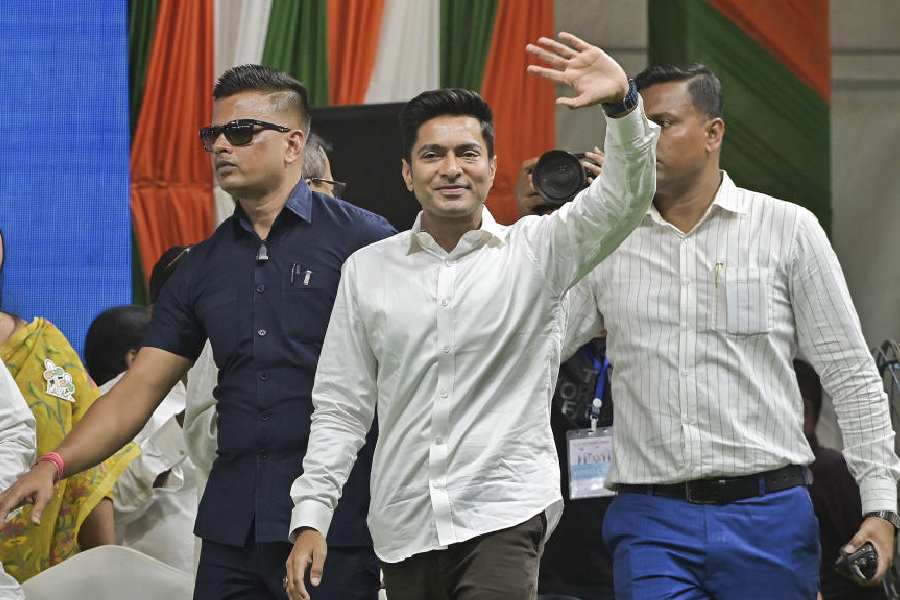The Jawaharlal Nehru University is expected to discuss on June 28 a UGC proposal to make Hindi a compulsory language for all 11 undergraduate courses, a move that its students' union has opposed.
The JNU students' union has urged vice-chancellor M. Jagadesh Kumar to drop the plan to impose a language on students. “The JNUSU demands V-C to immediately drop agenda 16, which makes Hindi a compulsory subject in Bachelor programmes. The JNUSU rejects Hindi imposition and stands for a multilingual, diverse and inclusive education system and India’s pluralistic democracy,” said a letter addressed to Kumar.
“Everyone has the right to learn languages of their choice. No language is above any other in the country. The choice for learning should be given to the students and any imposition won’t be tolerated. At a time when popular pressure has forced the BJP government to revise its draft education policy and the three-language formula, this underhand imposition of Hindi in JNU by the V-C is shameful and condemnable,” the JNUSU letter said.
The proposal has come weeks after the draft National Education Policy upset Dravidian outfits in Tamil Nadu.
Protests broke out in Tamil Nadu against the draft National Education Policy’s endorsement of the three-language formula for schools, prompting the Centre to try and allay the fears of an “imposition of Hindi”. A clarification from the Centre stressed this was a “draft policy”, which would be finalised “after getting feedback from general public, and after consulting state governments”. “There will be no imposition of any language in educational institutions, nor discrimination against any language,” the Centre added.
Tamil Nadu has rejected the three-language formula, introduced in 1968, and its state board schools are required to teach only Tamil and English.
The draft policy had said: “Study of languages by students in the non-Hindi speaking states would include the regional language, Hindi and English.”
The undergraduate courses in JNU include BA in ten foreign languages --Arabic, French, Chinese, Russian, Spanish, Japanese, German, Persian, Pashto, Korean - as well as BTech.
When this website contacted the university registrar Pramod Kumar, he refused to comment.










